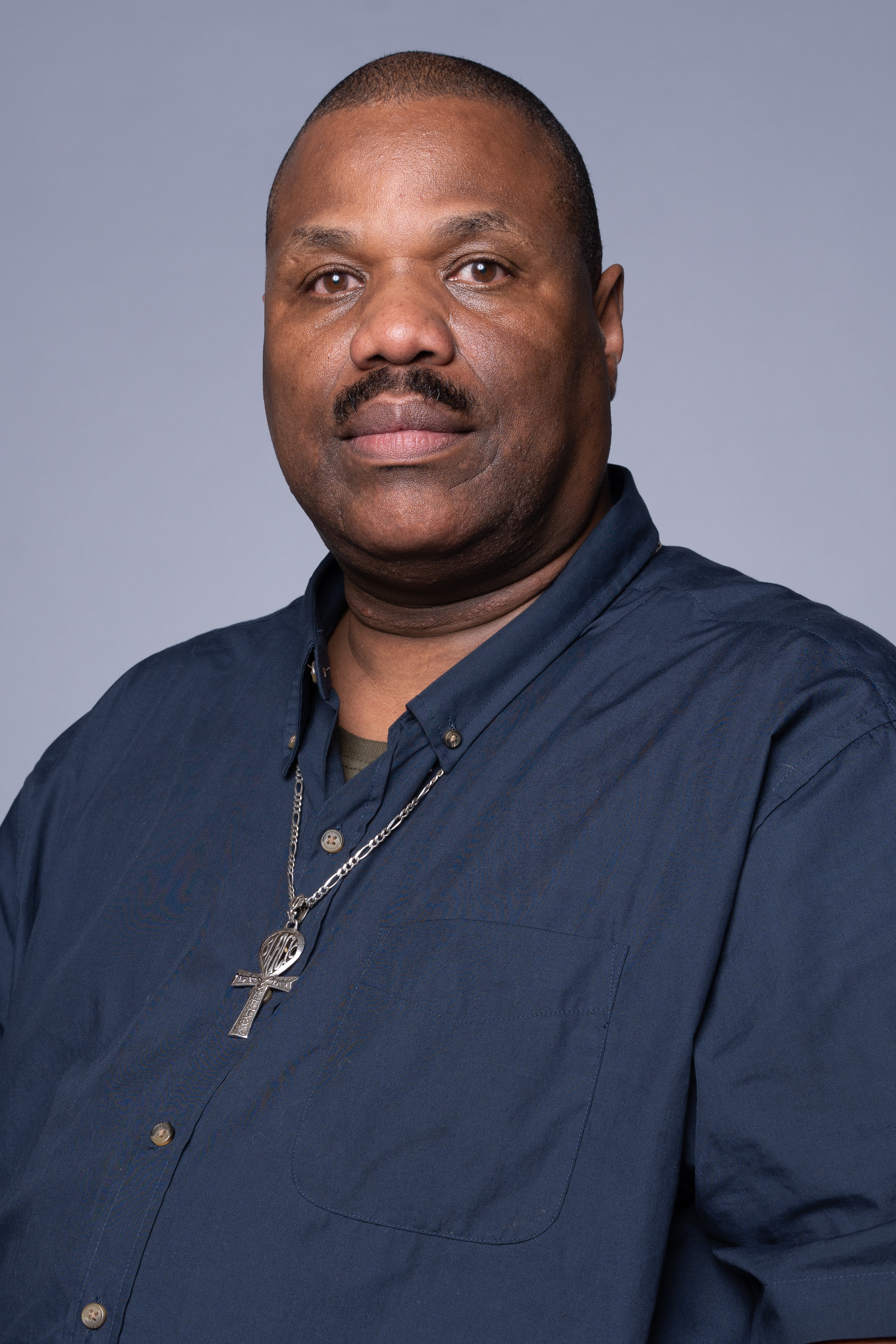Get started with Mizzou
Apply hereBachelor of arts
Transform into an organizational asset with an online bachelor of arts in communication from the University of Missouri (Mizzou).
Verbal and nonverbal to written forms of communication shape and influence our world: the messages we receive, the brands we recognize and the way we interact in a variety of group settings. Mizzou’s fully online program presents a comprehensive perspective of communication theories, strategies and applications. You’ll further hone your knowledge with a specialization in interpersonal, mediated, organizational or political communications.
Quick facts
Official name
Bachelor of Arts in CommunicationCampus
Program type
Bachelor's degreeAcademic home
College of Arts & Science | Department of CommunicationDelivery mode
100% onlineAccreditation
Higher Learning CommissionFreshman credit hours
120Freshman estimated cost
$71,712.00Transfer credit hours
60Transfer estimated cost
$35,856.00*This cost is for illustrative purposes only. Your hours and costs will differ, depending on your transfer hours, your course choices and your academic progress. See more about tuition and financial aid.
Why earn an online bachelor’s in communication?
Think about all the elements going into an organization. Communication plays an integral part at multiple levels: crafting a brand, reaching out to the community, broadcasting internal and external messages, encouraging collaboration between teams and resolving conflicts.
Mizzou’s program harnesses your curiosity in the written and spoken word, media and group dynamics to elevate your skills for today’s rapidly-paced and evolving workplace, touching on both traditional methods and current digital tools. Reflecting this, the Department of Communication embraces a variety of experiences, thoughts and perspectives to nurture your academic progress and foster your career success. Understand what to expect as a student in the online bachelor’s in communication program:
- Gain a broad range of skills to become a communications expert, including writing and evaluating messages for a variety of audiences and contexts, developing more convincing arguments and seeing written and verbal forms as tools of advocacy.
- Become familiar with applied and theoretical approaches to media, social media and communication in interpersonal, organizational, community and political contexts.
- Understand how to influence individual, organizational and public attitudes and behavior to achieve desired outcomes.
- Experience a program that blends media, organizational and interpersonal communication issues in ways that reflect the reality of work in the field of communication.
- Explore how communications can define, elevate and establish a brand in terms of recognition and connecting with consumers.
- See what goes into developing a communications strategy for an organization, from web presence to marketing collateral to internal messaging.
- Cultivate leadership, creative, critical-thinking and problem-solving skills.
- Discover how communications can influence others, from the workplace to the marketplace to the surrounding community.
- Get insights from faculty and staff involved in active communications research.

Career prospects
Across a number of fields, employers seek out individuals with effective, clear and adaptable communication skills. The online bachelor’s in communication equips you for these roles with an understanding of:
- How to communicate through a range of media and to multiple audiences
- Real-world applications of communication theories
- Key communication tools and channels
- Digital and traditional communication strategies
- Project management
- Budgeting
- Customer service
- Organizational and interpersonal dynamics
- Teamwork and collaboration
The Bureau of Labor Statistics projects 14% growth across media and communication occupations from 2020 to 2030. The online bachelor of arts in communication helps you enter this vast field or advance in your current organization. Opportunities exist in:
- Advertising
- Copywriting
- Marketing
- Sales
- Digital communication
- Social media
- Promotions
Program structure
Students starting an online bachelor’s in communication should expect to earn 120 total credit hours between their major (30 to 52 credit hours) and general education requirements.
For the program, core courses covering written and spoken communication essentials make up nine credit hours. These are joined by a specialization or area of focus (12 credit hours). Students then explore two additional areas of focus with one course each.
Areas of focus include:
Interpersonal communication: Courses focus on communication topics involving family dynamics and personal relationships.
Mediated communication: Understand how to craft messages and content via multiple media types and to a spectrum of audiences. Along with research and theories, you’ll study the effects of media and learn digital production techniques.
Organizational communication: Organizations, from nonprofits and government to for-profit entities, function through communication. Understand messaging involved in group dynamics, encouraging team building and conflict management.
Political communication: Communication helps spread messages, from crafting political campaigns to championing new initiatives to advocacy and activism among communities and social movements. Learn how to communicate to achieve objectives concerning visibility, policy and societal change.
Along with all courses, online bachelor’s in communication students are encouraged to practice their skills and grow their experience with an internship.
Core course work covers
All online bachelor of arts in communication students take courses in:
- The fundamentals of oral communication and public speaking
- Essential communication principles and theories
- Communication in business and other professional settings
Review the structure and all course descriptions for the online bachelor’s in communication.
Delivery
100% onlineCalendar system
Semester-basedTypical program length
VariesTypical course load
Varies if full time or part timeAccreditation
The University of Missouri is accredited by the Higher Learning Commission, one of six regional institutional accreditors in the United States.
Faculty spotlight

Kevin Hales is an assistant teaching professor at the Missouri School of Journalism at the University of Missouri. Dr. Hales is an internationally respected public scholar, author, filmmaker, consultant and podcaster.

Stephen A. Klien teaches courses in introduction to communication, argumentation, political communication and rhetorical studies. Dr. Klien also has professional experience in faculty development and is a current Fellow specializing in the evaluation of teaching. His current work is focused on the development of training resources for improving the collection, interpretation and use of student feedback survey data by faculty. His other research interests lie in the criticism of contemporary political rhetoric, with particular attention paid to the constitution of public character and citizen agency. This work has focused on the rhetorical construction of ideology and agency by conservative popular media, and on the constitution of citizen agency in post-9/11 war films.

Tim Luisi is an assistant teaching professor within the Missouri School of Journalism at the University of Missouri. He specializes in teaching business and professional communication, with a particular emphasis on the media industry.

Hsin-I Sydney Yueh teaches research and the theory of persuasion and oversees the process of internship application and approval. Dr. Yueh's research examines how culture shapes communication in various groups and communities. A major focus of her research is the role of language in intercultural communication. She is interested in how cultural factors and power structure influence individuals’ creation, delivery and reception of persuasive messages.
